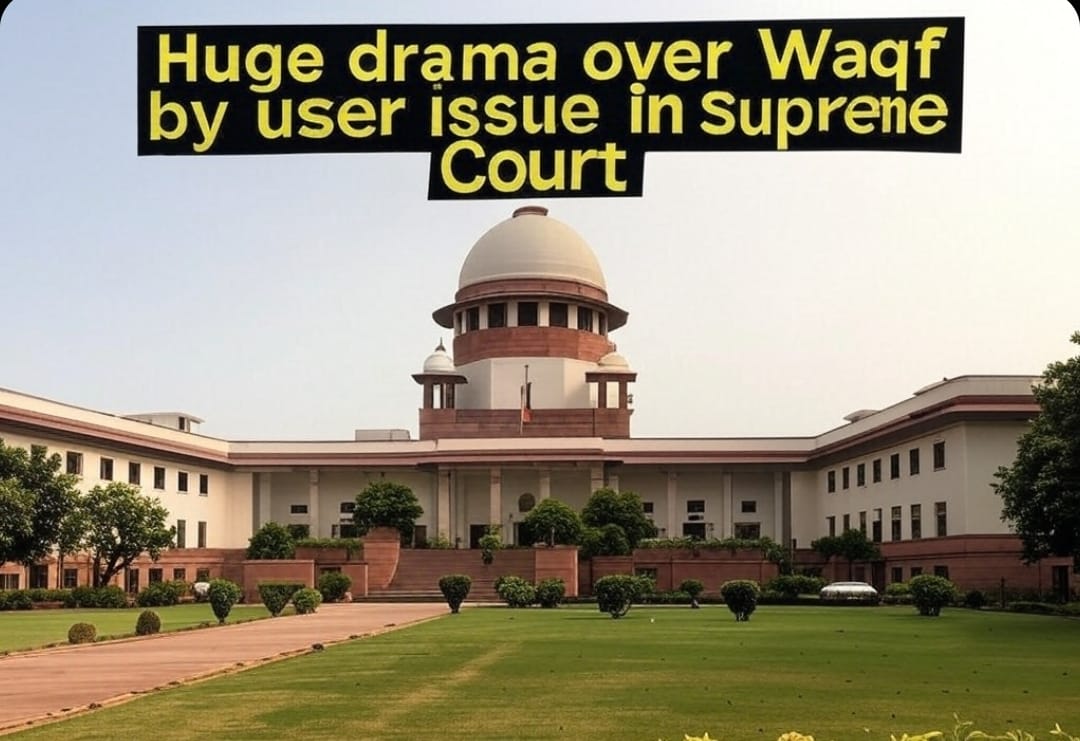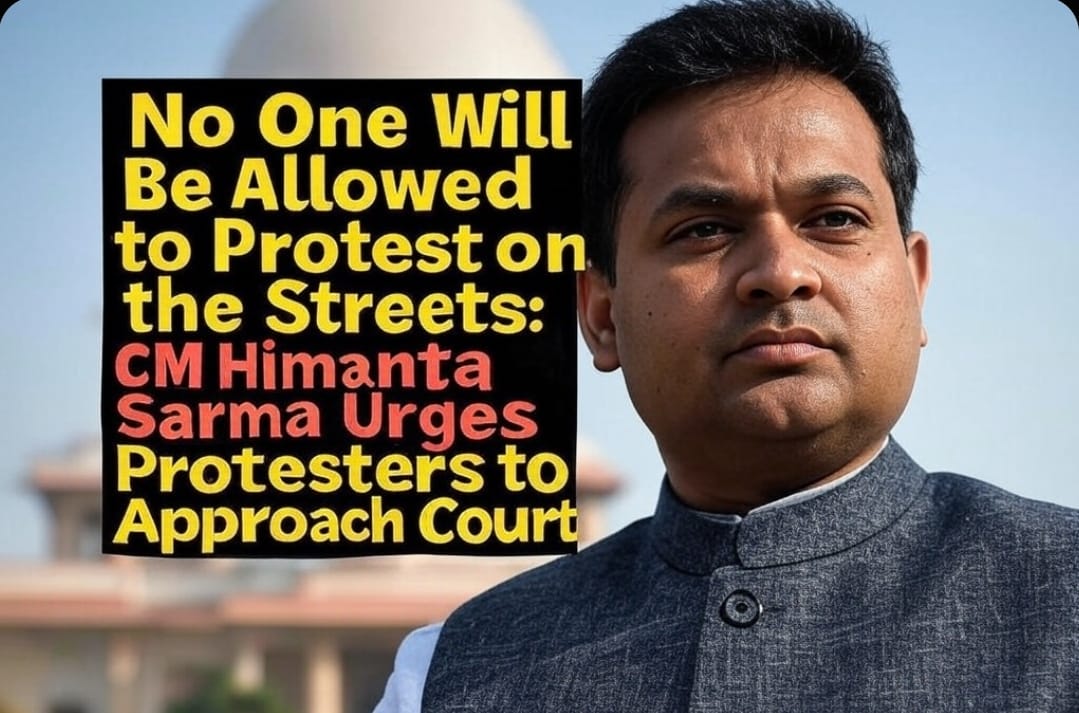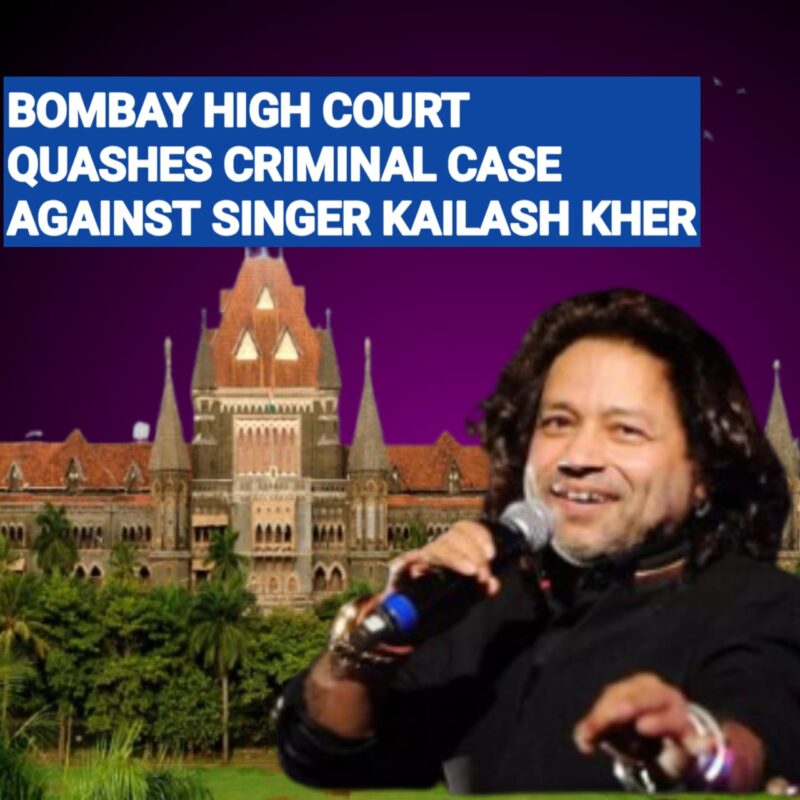Introduction
The Supreme Court has expressed serious concerns over the Waqf Amendment Act 2025, most importantly over the elimination of the ‘waqf by user’ provision. On 16th April, the apex court cautioned that eliminating this old principle may create legal and administrative challenges, though it refused to grant interim relief. The Waqf Amendment Act, amending the management of waqf properties, is being contested vigorously by a number of petitioners, including politicians and Muslim organizations.
What is ‘Waqf by User’ Under Waqf Amendment Act?
The ‘waqf by user’ theory defines properties as Islamic religious endowments (waqf) where they have been put to religious purposes for a substantial duration of time even without documentation.
The Supreme Court recognized that despite possible misuse of this provision, its abolition entirely under the Waqf Amendment Act may raise serious issues.
The bench, comprising Chief Justice Sanjiv Khanna, Justices Sanjay Kumar and KV Viswanathan, remarked:
“Undoing ‘waqf by user’ will create problems; there has been some misuse of this”.
The Court also questioned how such properties would be registered if the Waqf Amendment Act removes this provision, given the lack of official records in many cases.
Important Orders of the Supreme Court on Waqf Amendment Act
- No De-Notification of Existing Waqf Properties
The Supreme Court directed those properties already notified as waqf- whether by ‘waqf by user’ or by formal deeds- cannot be de-notified during the pendency of the legal challenge to the Waqf Amendment Act.
- Temporary Halt on Collector’s Investigation
The Court suspended a controversial proviso in the Waqf Amendment Act that allowed Collectors to investigate whether waqf properties were actually government land.
- Muslim Majority in Waqf Boards
The bench questioned the inclusion of non-Muslim members in Central and State Waqf Boards, asking if the government would similarly allow Muslims in Hindu religious trusts.
Political and Legal Opposition to the Waqf Amendment Act
The Waqf Amendment Act 2025 has brought about widespread opposition, with more than 70 petitions being lodged in the Supreme Court. Among the major opposers are:
- AIMIM MP Asaduddin Owaisi
- Congress MP Md Jawed
- RJD MP Manoj Kumar Jha
- TMC MP Mahua Moitra
- All India Muslim Personal Law Board (AIMPLB)
- Jamiat Ulema-i-Hind
A number of political parties such as the DMK, Indian Union Muslim League, YSR Congress Party and CPI have also supported the legal challenge.
Government’s Stand and States in Favour of Waqf Amendment Act
The Central Government, by Solicitor General Tushar Mehta, requested additional time to file their response. States such as Rajasthan, Gujarat, Haryana, Maharashtra, Assam, Uttarakhand and Chhattisgarh have welcomed the Waqf Amendment Act.
The Waqf Amendment Bill 2024 was enacted following a 12-hour debate in Parliament by a vote of 288 to 232. President Droupadi Murmu gave her assent in 2025, prompting instantaneous legal challenges.
What is in Store for the Waqf Amendment Act?
The Supreme Court will continue with the hearings and may issue further interim orders. Substantive issues pending consideration are:
- Whether the challenge must be heard by High Courts or the Supreme Court.
- The legal validity of ‘waqf by user’ under the Waqf Amendment Act.
- The structure of Waqf Boards and possible religious biases.
Conclusion
The Waqf Amendment Act 2025 is still a controversial one, with the Supreme Court advising against sudden departures from the ‘waqf by user’ concept. Although the Court has not ordered a stay on the law, its observations indicate a delicate balancing act between religious rights, laws of property and administrative practicality.













